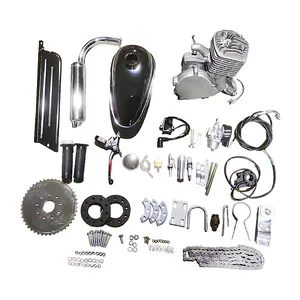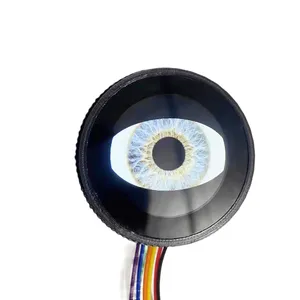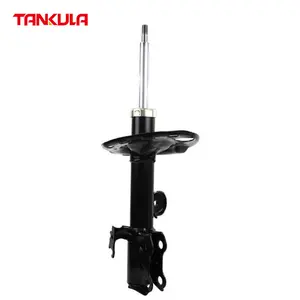Popular in your industry


















































































































































































































Top categories
About rpm meter
An RPM meter, or tachometer, is a device used to measure the revolutions per minute (RPM) of a rotating object, typically a shaft or a wheel. It is commonly used in various applications, including automotive, aviation, industrial machinery, and other mechanical systems where monitoring the speed of rotating components is important.
Types of RPM meters
RPM meters, or tachometers, encompass various types designed to measure the revolutions per minute of rotating objects, with each type employing distinct technologies for this purpose.
Mechanical tachometers, rooted in tradition, utilize a mechanical linkage, often a flexible cable, connecting to the rotating shaft. As the shaft turns, the cable drives a needle on the gauge, providing a visual representation of the RPM. Although less prevalent in contemporary applications, these mechanical tachometers find a place in vintage vehicles and specific industrial equipment.
Digital tachometers, or auto RPM meters, on the other hand, have largely supplanted their mechanical counterparts. Employing electronic sensors like Hall effect or optical sensors, these tachometers detect shaft rotation, process the signals electronically, and present the RPM digitally on a screen or instrument panel. Renowned for their accuracy and quick response, digital tachometers are widely utilized in automotive, aviation, and industrial settings.
In contrast, Laser RPM meters represent a modern, non-contact approach to RPM measurement. Using laser technology, these tachometers emit a laser beam toward the rotating object, with the reflected beam or interruptions in it indicating the rotational speed. Laser RPM meters find utility in scenarios where contact-based methods are impractical or when measuring from a distance is necessary, making them valuable in research, manufacturing, and situations requiring non-intrusive RPM measurements.
The evolution from mechanical to digital and laser tachometers reflects technological progress, providing more efficient and versatile solutions for RPM measurement across diverse industries.
Usage scenarios of RPM meters
RPM meters, or tachometers, play a pivotal role in various industries by providing crucial information about the rotational speed of machinery. In automotive applications, RPM meters are essential for drivers to monitor engine performance, shift gears effectively, and prevent engine damage due to over-revving. In aviation, these meters are critical for pilots to ensure optimal operation of aircraft engines.
In industrial settings, RPM meters are employed to monitor and control the speed of rotating equipment such as motors, generators, and conveyor belts. This data aids in preventive maintenance, ensuring that machinery operates within specified speed ranges and identifying potential issues before they escalate. Additionally, RPM meters find utility in laboratory equipment, manufacturing processes, and research facilities, contributing to the precision and efficiency of various applications by providing real-time information on rotational speeds. Overall, RPM meters serve as indispensable tools for maintaining and optimizing the performance of rotating machinery in diverse scenarios.









































